Episode 346: Everybody’s Limbs are Still On
May 31st, 2019 | Robin

In the Gaming Hut, Patreon backer Hyperlexic asks Robin to elucidate the core pleasures of RuneQuest.
The History Hut finds us obeying the commands of backer Antti Elomaa to get to the bottom of Britain’s 1939 pet massacre.
Ken and Robin Recycle Audio with segments from our Robert W. Chambers and King in Yellow Mythos panels at Carcosa Con.
Finally in the Eliptony Hut we look at the bio-energetic theories of renegade Russian crank scientist Lev Gumilyov.
Want to pose a question to the show? Get your priority question asking access with your support for the KARTAS Patreon!
Snag Ken and Robin merchandise at TeePublic.
Over the Edge, the twisted game of counter-culture conspiracy, returns in a completely remagined edition by its original creator, Jonathan Tweet. Grab it wherever fine Atlas Games are sold, on June 1st.
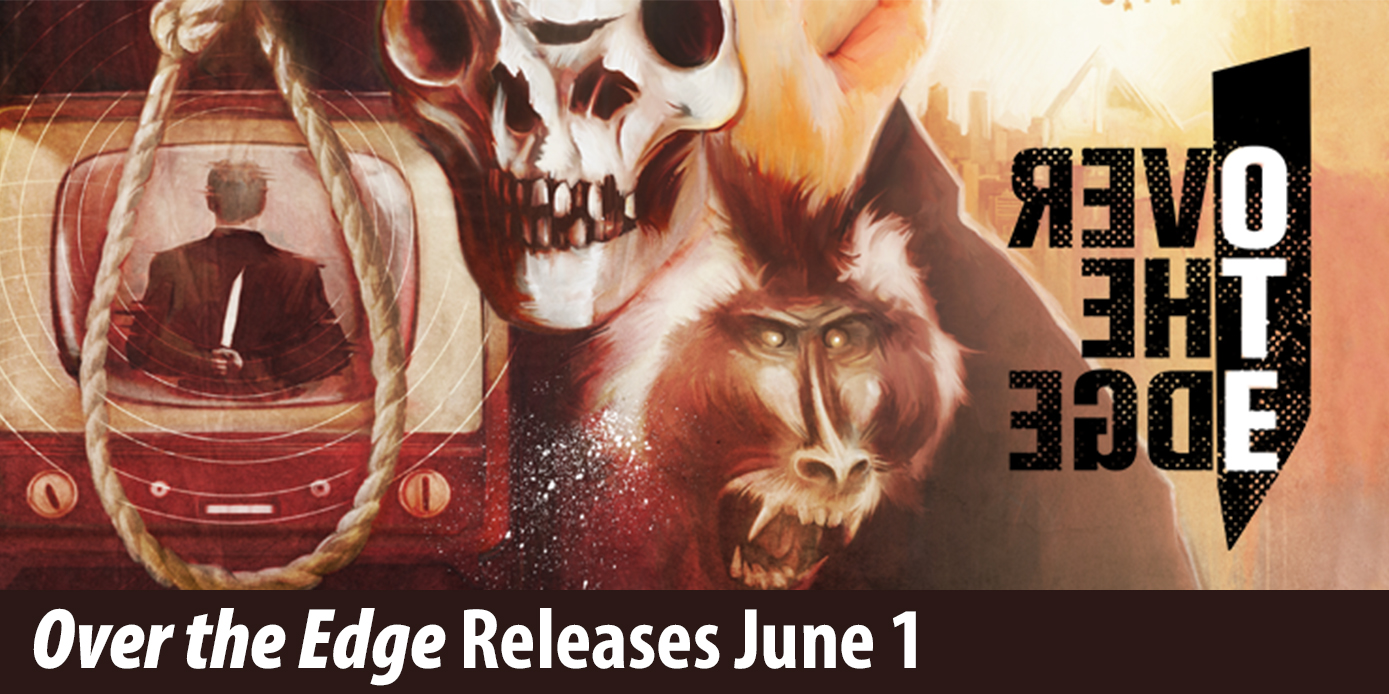
Ken’s latest roleplaying game, The Fall of Delta Green, is now available in print or PDF or both from Pelgrane Press. Journey to the head-spinning chaos of the late 1960s, back when everyone’s favorite anti-Cthulhu special ops agency hadn’t gone rogue yet, for this pulse-pounding GUMSHOE game of war, covert action, and Mythos horror.

The treasures of Askfageln can be found at DriveThruRPG. Get all issues of FENIX since 2013 available in special English editions. Score metric oodles of Ken Hite gaming goodness, along with equally stellar pieces by Graeme Davis and Pete Nash. Warning: in English, not in Swedish. In English, not Swedish. While you’re at it, grab DICE and Freeway Warrior!
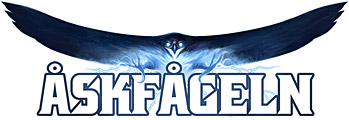
Arc Dream Publishing presents a gorgeous new edition of Robert W. Chambers’ The King in Yellow, a deluxe hardback in delightful faux snakeskin, with a foreword by John Scott Tynes, annotations by our own Kenneth Hite, and stunning full-pate color illustrations by Samuel Araya. Grab it while it lasts in the Arc Dream store.

Podcast: Play in new window | Download




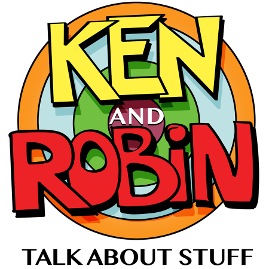
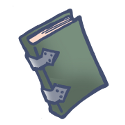






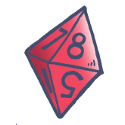


I always resist the idea that original RQ is “crunchy” but there are two main reasons for that, both somewhat idiosyncratic. First, compared to D&D and many of the other first-gen games, there are a lot of ways that RQ was streamlined. It did away with all of the folderol around “levels” and “classes” and the huge baggage of arbitrary rules associated with those. It also blazed trails in developing a consistent method for resolving challenges; the universal skill-based system was such an improvement over hit tables and saving throws. The opposed skills dynamic (e.g., attack vs. parry) was groundbreaking, though I’m not sure it was a streamlining. I think I could also argue that by making more intuitive sense–e.g., the way armor works in RQ vs. THAC0 systems–it’s easier to play, but that’s a bit of a stretch.
Second is that compared to Aftermath (which my group tried as a side game) or even basic out-of-the-box GURPS, RQ seems almost minimalistic.
Anyway, excellent segment despite this comment. Thanks much.